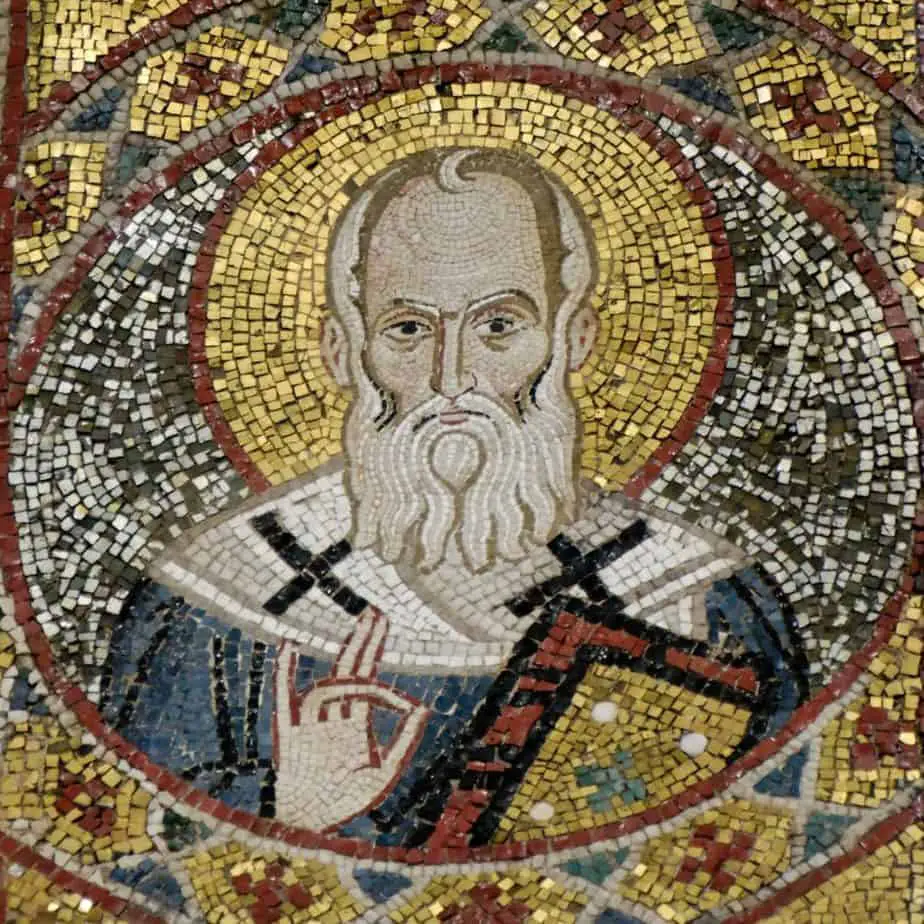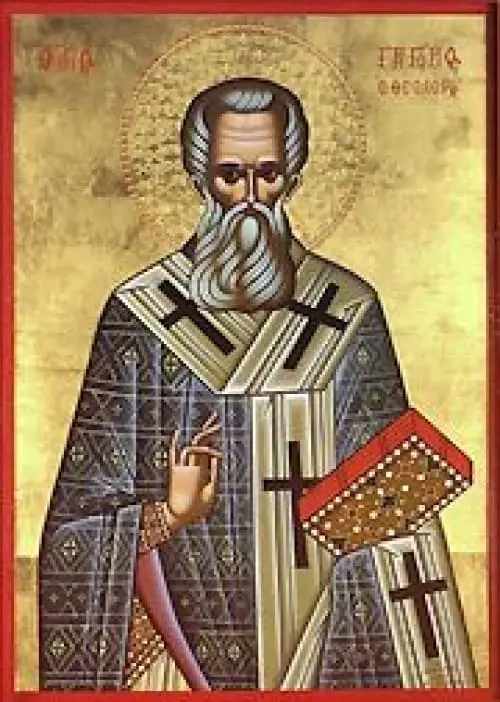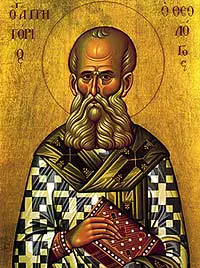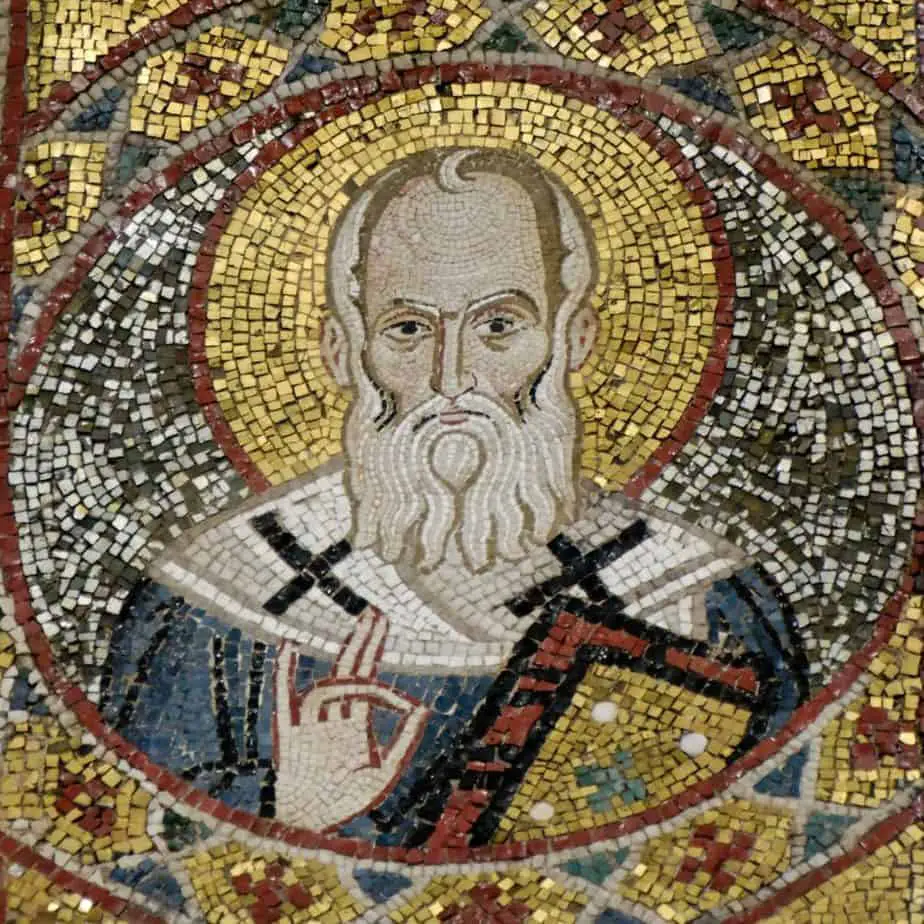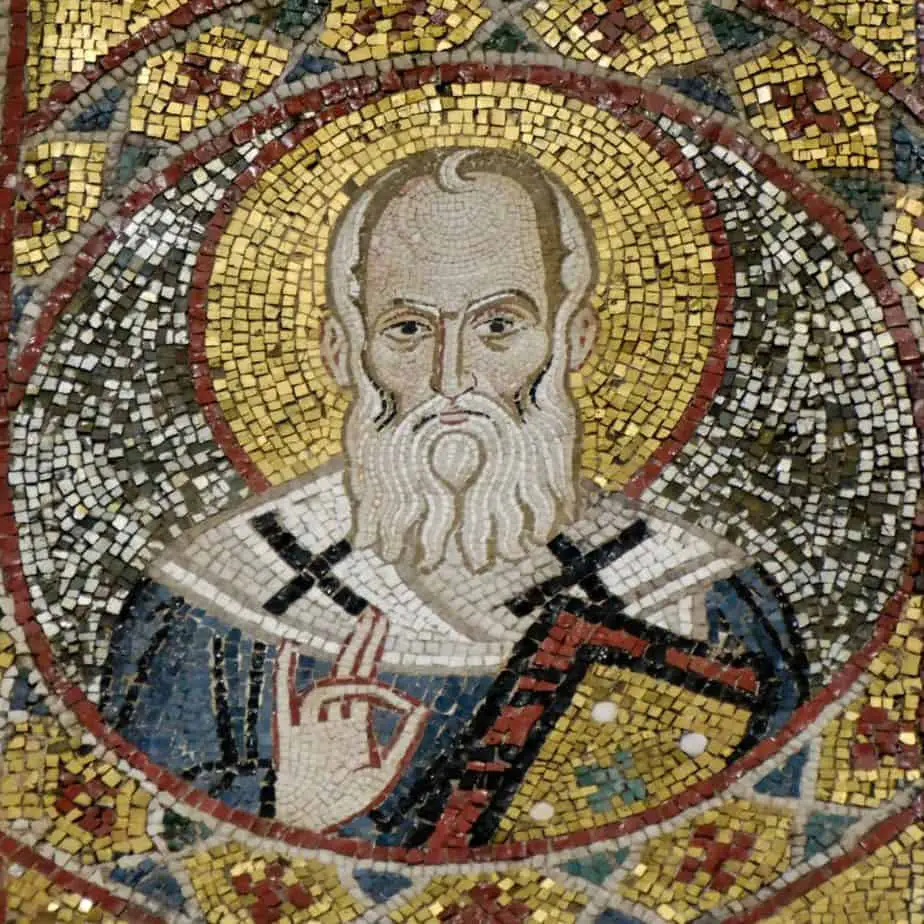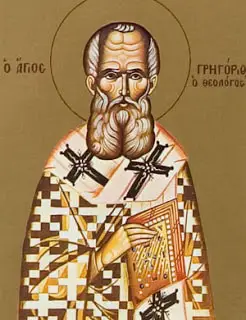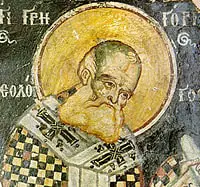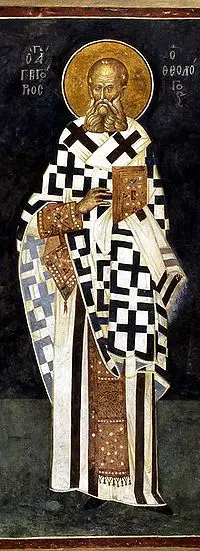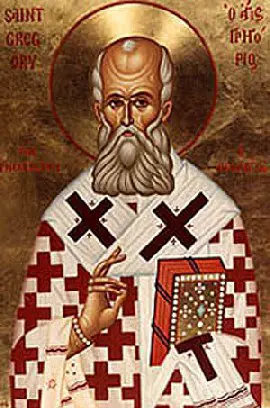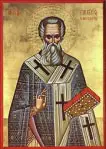Leave a reply
“Take, in the next place, the subjection by which you subject the Son to the Father. What, you say, is He not now subject, or must He, if He is God, be subject to God? You are fashioning your argument as if it concerned some robber, or some hostile deity. But look at it in this manner: that as for my sake He was called a curse, who destroyed my curse; and sin, who taketh away the sin of the world; and became a new Adam to take the place of the old, just so He makes my disobedience His own as Head of the whole body.
As long then as I am disobedient and rebellious, both by denial of God and by my passions, so long Christ also is called disobedient on my account. But when all things shall be subdued unto Him on the one hand by acknowledgment of Him, and on the other by a reformation, then He Himself also will have fulfilled His submission, bringing me whom He has saved to God. For this, according to my view, is the subjection of Christ; namely, the fulfilling of the Father’s Will. But as the Son subjects all to the Father, so does the Father to the Son; the One by His Work, the Other by His good pleasure, as we have already said. And thus He Who subjects presents to God that which he has subjected, making our condition His own. Of the same kind, it appears to me, is the expression, ‘My God, My God, why hast Thou forsaken Me?’ It was not He who was forsaken either by the Father, or by His own Godhead, as some have thought, as if It were afraid of the Passion, and therefore withdrew Itself from Him in His Sufferings (for who compelled Him either to be born on earth at all, or to be lifted up on the Cross?) But as I said, He was in His own Person representing us. For we were the forsaken and despised before, but now by the Sufferings of Him Who could not suffer, we were taken up and saved. Similarly, He makes His own our folly and our transgressions; and says what follows in the Psalm, for it is very evident that the 22nd Psalm refers to Christ.”
— St. Gregory the Theologian, On God and Christ, Oration 30, V
Note: The Orthodox Christian Church numbers the Psalms according to the Septuagint. Psalm 22 would be Psalm 23 in Protestant Bibles and begins, “My God, my God, why hast though forsaken me . . .” More Info
